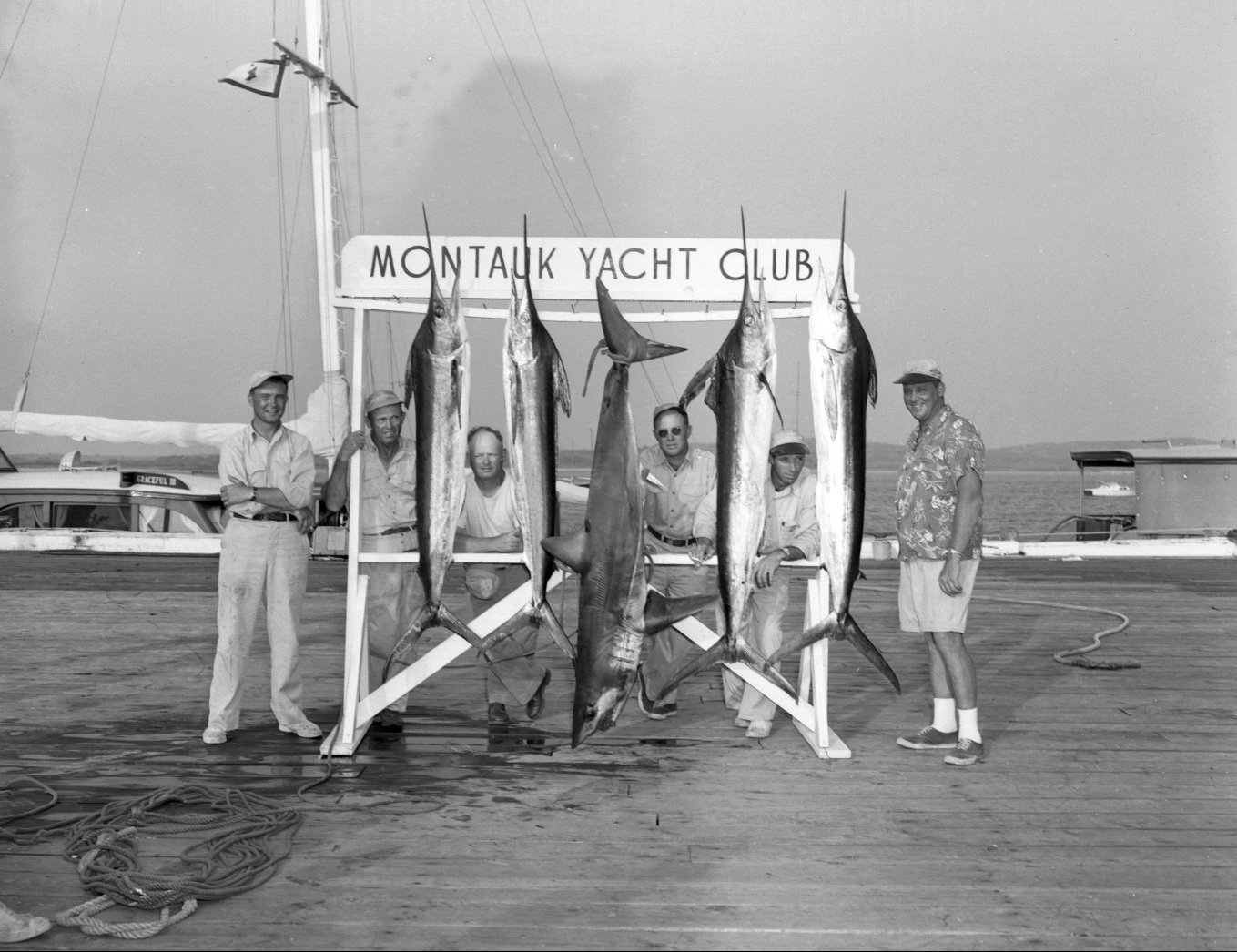Discover the Rich History of Montauk
Montauk, a picturesque coastal town at the eastern tip of Long Island, is not only known for its natural beauty and outdoor activities but also for its fascinating history. From Native American heritage to its role in military defense, Montauk’s past is filled with intriguing stories and significant events. Here’s a glimpse into the rich history of Montauk.

The Montaukett Tribe
Long before European settlers arrived, Montauk was inhabited by the Montaukett Tribe. The Montaukett people were skilled fishermen, farmers, and hunters who thrived in the region’s abundant natural resources. They lived in harmony with the land, and their legacy is still evident in place names and local history. The tribe’s history and culture are an integral part of Montauk’s heritage.
The Arrival of Europeans
In the early 17th century, European settlers began to arrive in Montauk. The area was initially explored by Dutch and English traders, but it was the English who eventually established a presence. By the mid-1600s, English settlers from Connecticut and Massachusetts had begun to purchase land from the Montaukett Tribe, leading to the establishment of small farming and fishing communities.
The Montauk Point Lighthouse
One of Montauk’s most iconic landmarks, the Montauk Point Lighthouse, was commissioned by President George Washington in 1792 and completed in 1796. As the fourth oldest active lighthouse in the United States, it has played a crucial role in guiding ships safely along the treacherous waters of the Atlantic. Today, the lighthouse is a museum, offering visitors a glimpse into Montauk’s maritime history and stunning views from the top.
Camp Hero and Military Significance
During World War II, Montauk became a strategic military location. Camp Hero, located at Montauk Point, was established as a coastal defense station to protect against potential German attacks. The camp included artillery bunkers, radar stations, and other military installations. After the war, the site was decommissioned and eventually became part of Montauk Point State Park. Today, visitors can explore the remnants of the military installations and enjoy the park’s natural beauty.
The Fishing Capital of the World
Montauk’s reputation as a premier fishing destination began in the early 20th century. The construction of the Long Island Rail Road extension to Montauk in 1895 made the area more accessible, attracting fishermen and tourists alike. Montauk Harbor quickly developed into a bustling fishing port, known for its abundant and diverse marine life. Today, Montauk remains a top destination for sport fishing, drawing anglers from around the world.
The East End’s Artistic and Literary Scene
Montauk has long been a haven for artists, writers, and creatives seeking inspiration from its serene landscapes and unique charm. In the mid-20th century, famous personalities such as Jackson Pollock, Edward Albee, and Andy Warhol found solace and inspiration in Montauk. Their presence contributed to Montauk’s reputation as a cultural hub, and the town continues to attract artists and writers today.
Modern Montauk
In recent decades, Montauk has evolved into a popular tourist destination, known for its beautiful beaches, outdoor activities, and vibrant dining scene. Despite its growth, Montauk has managed to retain its small-town charm and deep connection to its history. Efforts to preserve historic sites and the natural environment ensure that Montauk’s rich heritage will be enjoyed by future generations.
Montauk’s history is as diverse and captivating as its landscapes. From its Native American roots and colonial past to its military significance and cultural contributions, Montauk offers a rich tapestry of stories waiting to be explored. Whether you’re a history buff or simply curious about the past, Montauk’s historical sites and landmarks provide a fascinating journey through time. Come and discover the rich history that makes Montauk a truly unique and special place.


